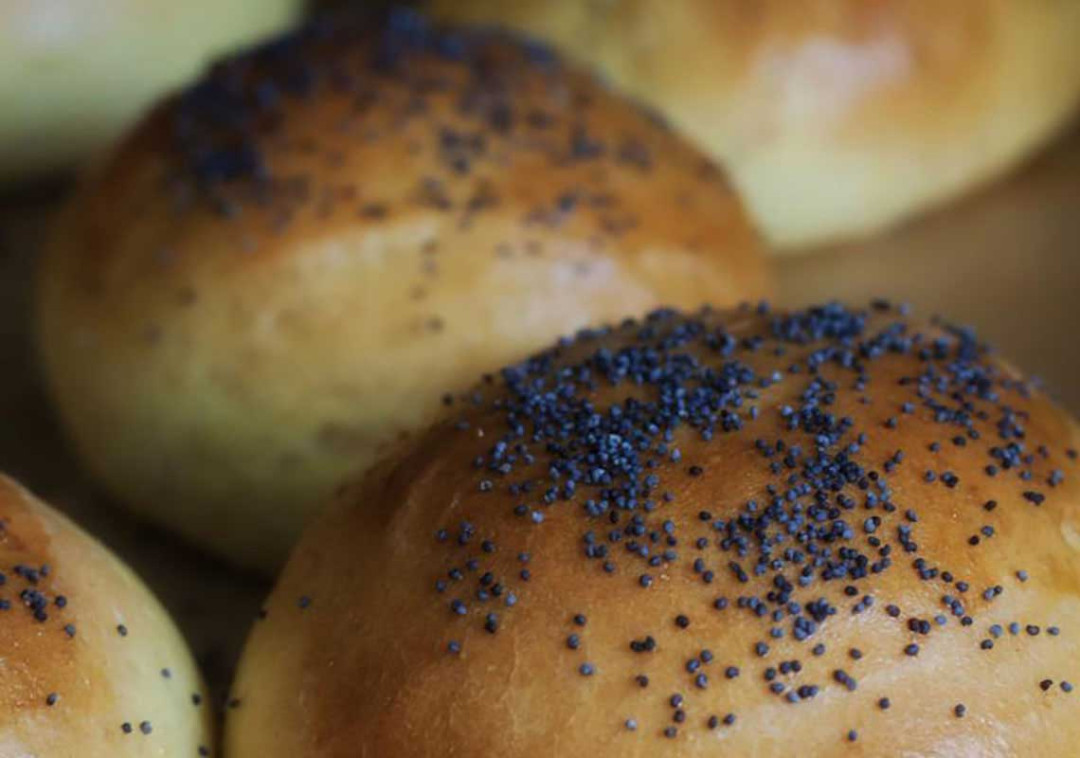Mythbusters: Poppy Seeds

You scoff a few poppy seed bagels and then take a routine workplace drug test later in the afternoon. The result comes back positive for opiates, and you realise your choice of lunch has put you under suspicion of having a heroin habit. Sounds far-fetched? Mythbusters investigates the surprisingly potent poppy seed effect.
It might seem unlikely that eating a few slices of poppy seed cake or a couple of bagels with a poppy seed topping could be enough to make a non-drug user get red flagged in a drug test. But in fact it’s well documented that eating poppy seeds, which are commonly used in muffins, bread and bagels, can be enough to trigger a positive reading for the opiate morphine.
It’s not an urban myth; it’s a scientific fact. On its website, the government-owned Institute of Environmental Science and Research (ESR) confirms that morphine can be present in a urine sample when poppy seeds have been consumed, but it says they would usually have to be eaten within 12 to 24 hours of the sample being collected.
Because poppy seeds come from the seed pods of opium plants, they can be contaminated with opium milk, which contains morphine. Before they’re used as an ingredient in baking, the seeds are cleaned and processed but are still likely to contain traces of opiate residue. It’s not a high enough concentration for someone to feel any morphine-like effects, but it can be enough to cause a positive result on a sensitive test.
Workplace drug testing is becoming commonplace, particularly for people who operate heavy machinery such as large diggers or work in professions where their performance has a bearing on public safety, such as airline pilots or bus drivers.
Someone who eats a bagel or bread containing poppy seeds in the morning and is tested later in the day will have lower levels of morphine in their urine than someone who is abusing opiate drugs. To prevent ‘false’ positive screening results caused by poppy seed ingestion the United States Federal Government has raised the workplace testing threshold for opiates from 0.3 micrograms per millilitre to 2 micrograms per millilitre, and the US military has even higher levels. But in New Zealand and Australia, the current workplace testing standard is still set at the 0.3 microgram level.
With this threshold, someone who eats a couple of poppy seed muffins in the morning would probably test positive a few hours later. Toxicologist Grant Moore, who works for Canterbury Health Laboratories (CHL), which carries out workplace drug tests for organisations around the country, says an internal project he was involved with showed even eating one slice of a poppy seed cake (which contained three-quarters of a cup of poppy seeds) could cause a positive urine test result for opiates. Other food sources such as poppy seed crackers and poppy seed bread led to similar results.
There are reports of cases internationally where workers have lost their jobs after failing a workplace drug test because of their penchant for poppy seed cakes or bagels. In 1990, an American Police officer from St Louis was suspended after a random drug test came back positive for opiate use. He had eaten four poppy seed bagels the day before. He successfully argued the result was caused by diet, not drugs, and was later reinstated. Moore can’t imagine that scenario happening here and says the lower threshold hasn’t been a real problem.
“Cases of false positives caused by poppy seed ingestion shouldn’t happen if full testing is carried out properly.”
Before they provide a urine sample for testing, people are asked to fill out a form that asks whether they have eaten poppy seeds or taken any medication such as Panadeine, which is codeine based. Because of the known effect of poppy seeds on morphine levels, a note will be made on a test report that a positive result could be linked to dietary exposure. If this happens, further confirmation testing is carried out to help distinguish between illicit heroin use and innocent poppy seed consumption. This is done by testing for the presence of a unique heroin metabolite called monoacetylmorphine (MAM).
“If you do have a workplace screen and it is not negative, it must go on for further confirmation,” Moore says.
Mythbusters’ advice to poppy seed fans is clear – it’s safest to avoid eating them before taking a drug test if you want to keep things simple.
Health Not Handcuffs: A movement for change
Health Not Handcuffs was launched by a group of health and social justice organisations united by a desire to see compassionate and evidenced-informedRecent news

Beyond the bottle: Paddy, Guyon, and Lotta on life after alcohol
Well-known NZers share what it's like to live without alcohol in a culture that celebrates it at every turn

Funding boost and significant shift needed for health-based approach to drugs
A new paper sets out the Drug Foundation's vision for a health-based approach to drug harm

Expert Pharmac committee recommends funding for overdose reversal nasal spray
The expert committee has said funding for naloxone in the community should be a high priority

